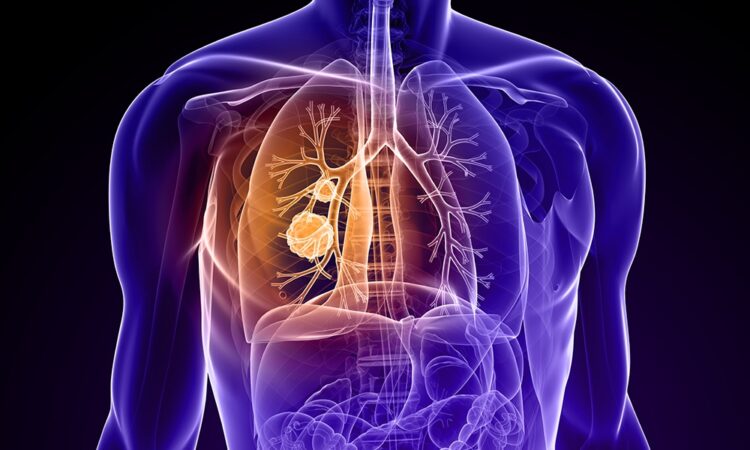
Cancer that originates in the lungs cells is known as lung cancer. It is a prevalent form of cancer globally and is responsible for most of the cancer-related deaths. Despite these alarming statistics, there is hope for lung cancer patients as there are various treatment options available.
This blog will discuss the different treatments available for lung cancer, the objectives of lung cancer treatment, alternatives to traditional treatments, and the best oncologists in Noida for lung cancer treatment.
Current Lung Cancer Treatments
Lung cancer can be treated through three primary methods: surgery, chemotherapy, and radiation therapy. Surgery is considered for early-stage cancer that has not metastasized to other body parts. Surgery is used to remove cancerous tissue and sometimes a portion of the lung. Chemotherapy, on the other hand, is a systemic treatment that uses medication to eradicate cancer cells. Radiation therapy is a localized treatment which uses high-energy radiation to destroy cancer cells.
Emerging Therapies for Lung Cancer
Immunotherapy and targeted therapy are two new and emerging treatments for lung cancer. Immunotherapy works by boosting the patient’s immune system to fight the cancer cells. Targeted therapy, on the other hand, involves the drug use that specifically target cancer cells based on their genetic makeup. These therapies have shown promising results in treating lung cancer and have fewer side effects compared to traditional treatments.
Objectives of Lung Cancer Treatment
The primary objective of lung cancer treatment is to cure the disease. However, in case the cancer has spread to other body part, the goal is to prolong the life of a patient and improve their quality of life. Palliative care is an essential aspect of lung cancer treatment, and it focuses on relieving symptoms such as shortness of breath, pain, and fatigue.
Apart from curing the disease and providing comfort care, preventing the recurrence of cancer after treatment is another goal of lung cancer treatment. This is referred to as recurrence prevention. Oncologists collaborate with their patients to create a customized treatment strategy that meets their individual needs and objectives. The plan may incorporate a blend of treatment modalities such as surgery, chemotherapy, or radiation therapy, depending on the patient’s unique condition, to achieve the optimal outcome.
Alternatives to Traditional Lung Cancer Treatment
Although alternative medicine such as herbal supplements and acupuncture is commonly used as an alternative to traditional cancer treatments, there is no scientific evidence to support its effectiveness. However, some patients may still find it helpful in managing their symptoms. Another alternative to traditional lung cancer treatment is clinical trials, that provide access to new and experimental treatments that may be more effective than traditional methods.
While alternative medicine and clinical trials can be viable options for some patients, it is important to consult an oncologist before considering alternative treatments. Some alternative treatments may interfere with traditional cancer treatments or may not treat the disease effectively. Clinical trials, on the other hand, can provide access to new and innovative treatments that can be more effective than traditional treatments. However, not all patients are eligible for clinical trials, and participation should always be discussed with an oncologist. It is also crucial to note that clinical trials are carefully monitored and follow strict guidelines to ensure patient safety and ethical considerations.
Conclusion
For individuals diagnosed with lung cancer, it is crucial to receive timely and effective treatment due to the severity of the disease. Early detection and treatment are vital in achieving the best possible outcome. Although conventional treatments like surgery, chemotherapy, and radiation therapy remain the primary options for lung cancer, promising emerging therapies like immunotherapy and targeted therapy show potential in treating the disease. It is also essential to consider the objectives of lung cancer treatment, which include curing the disease and providing palliative care to improve the patient’s quality of life. Alternative medicine and clinical trials are also options for those seeking alternative treatments. When seeking lung cancer treatment in Noida, it is important to find the right oncologist with the expertise and compassion needed to provide effective treatment.
In conclusion, while lung cancer remains a serious health concern, many treatment options can help patients manage the disease and improve their quality of life. Patients and their loved ones can make informed decisions about their care by understanding the different treatment options, the objectives of lung cancer treatment, and the alternatives to traditional treatments. With the help of the best oncologists in Noida for lung cancer treatment, patients can receive the care and support they need to fight this disease and find hope for the future.




